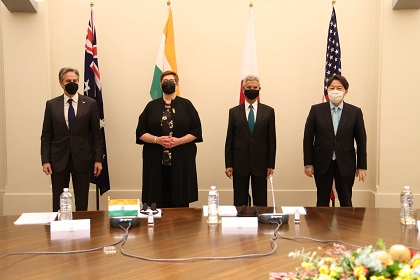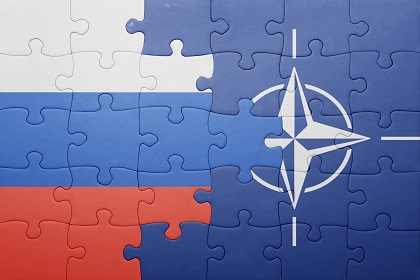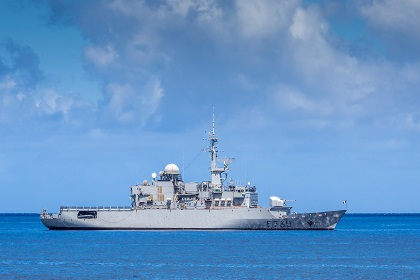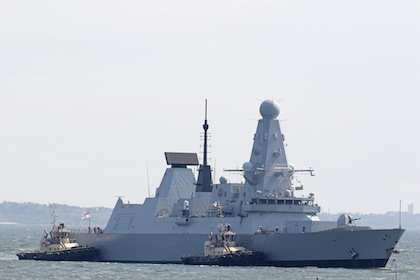Hybrid wars, mind battles
The crisis in Ukraine has highlighted the role of both Russia and the West in sophisticated hybrid warfare and disinformation campaigns. The aim is to create a multiplicity of narratives, which fragment the understanding of the opponent. The mind battles are on.










